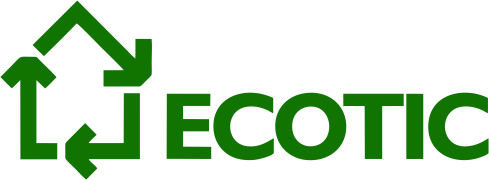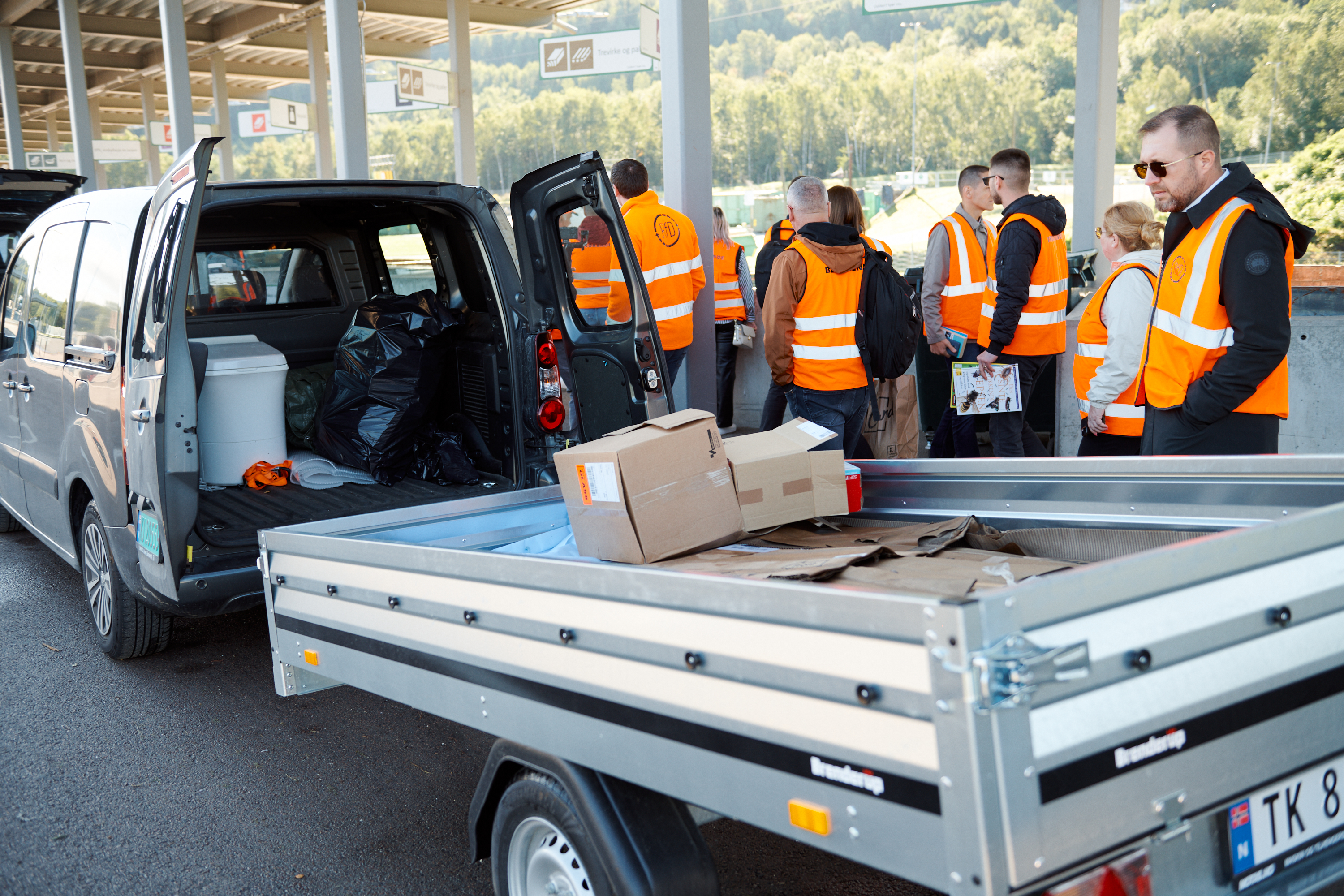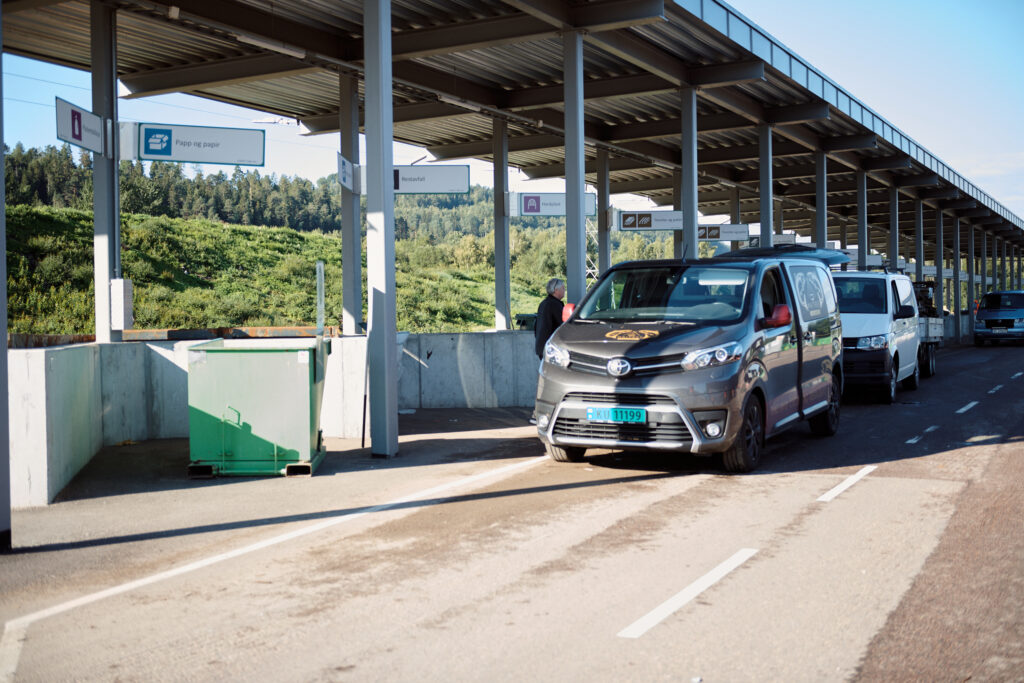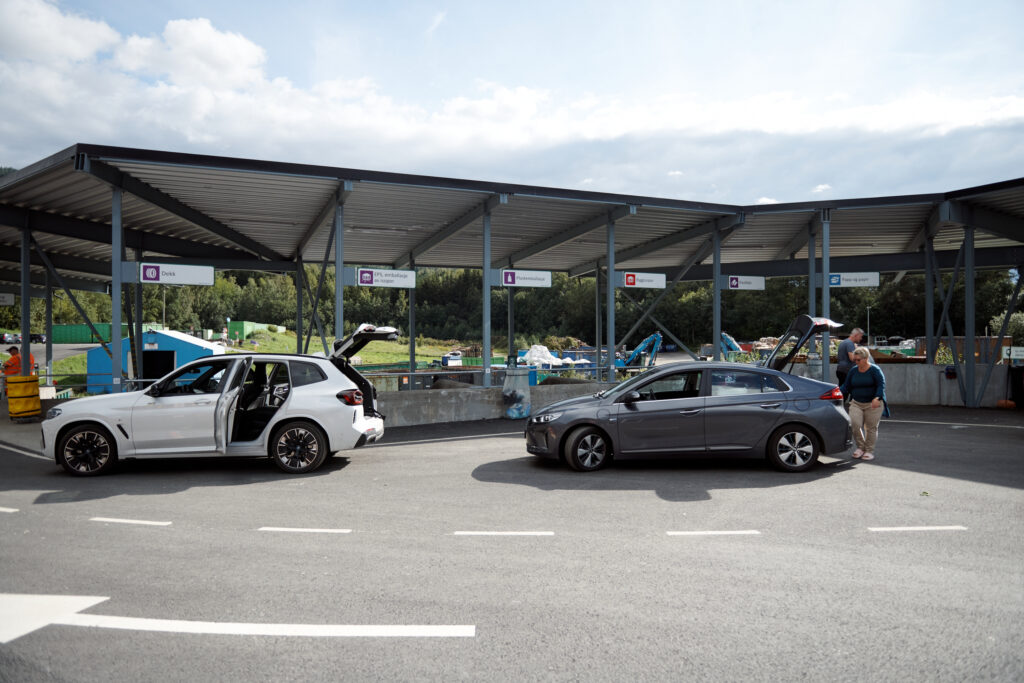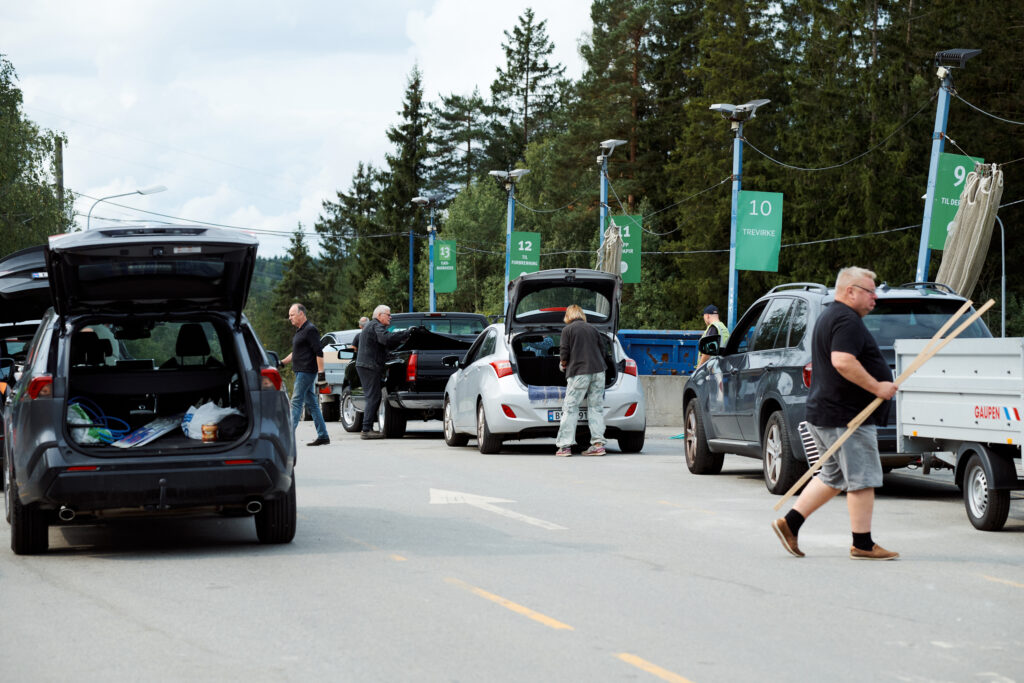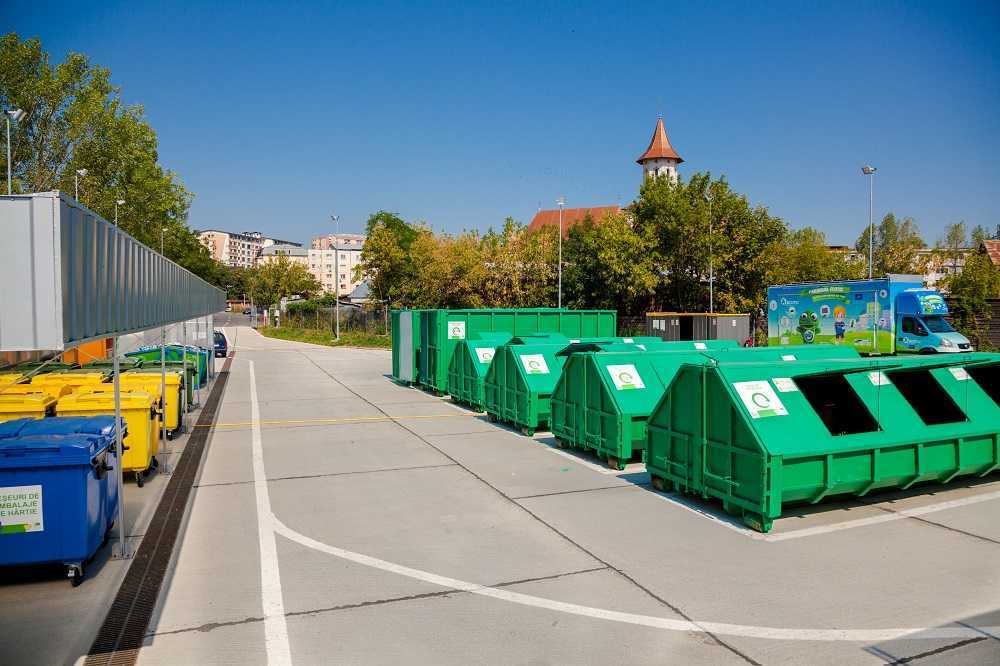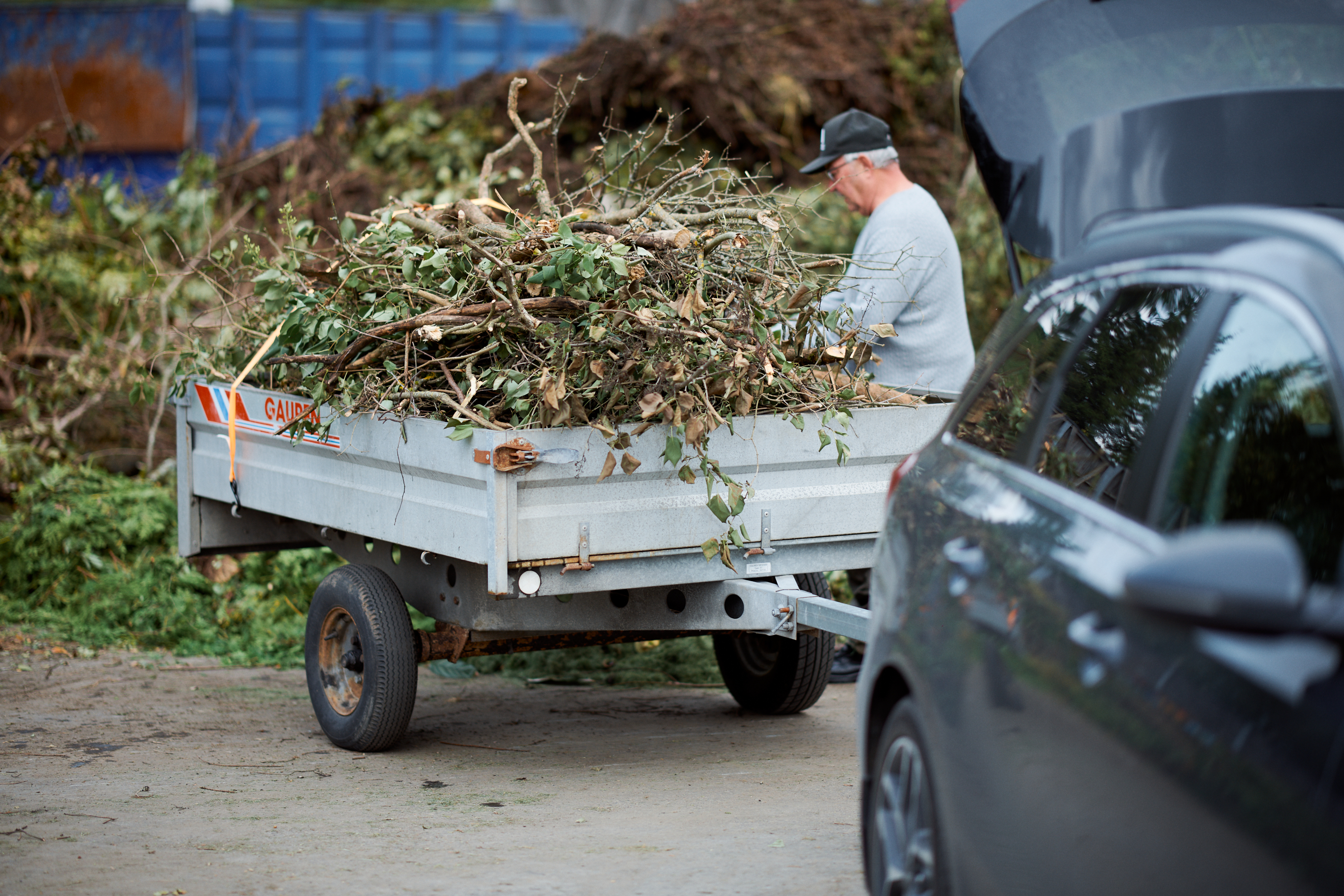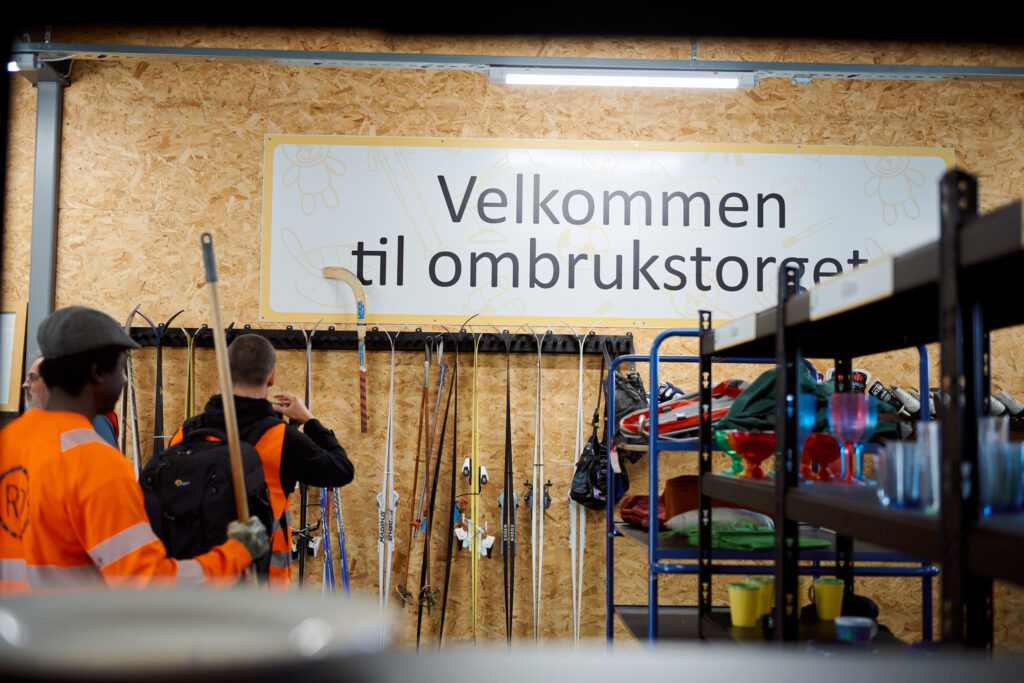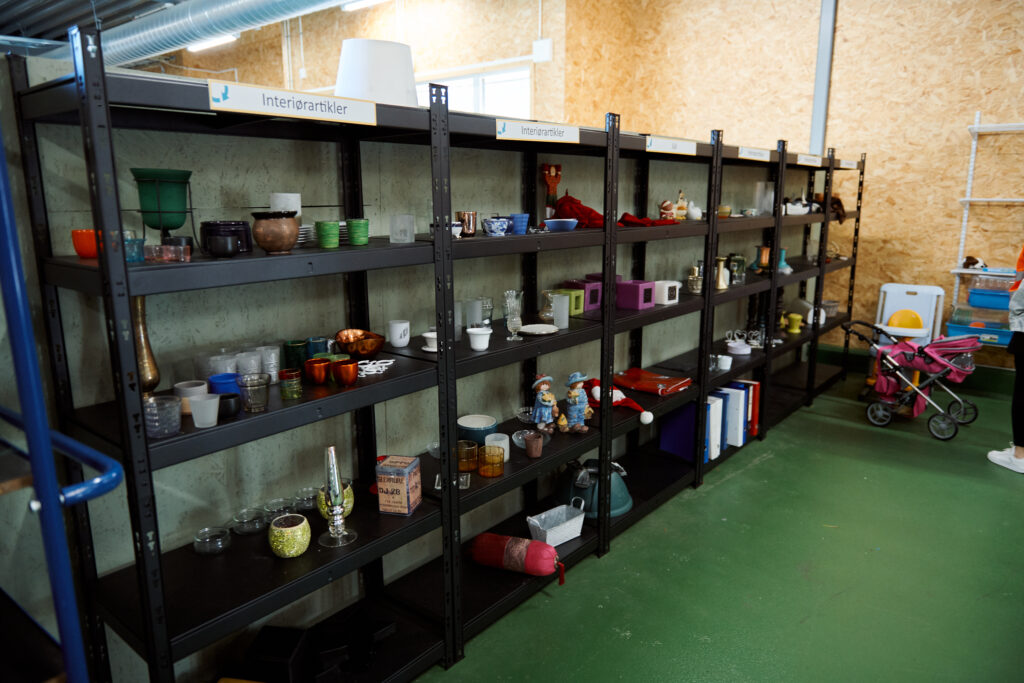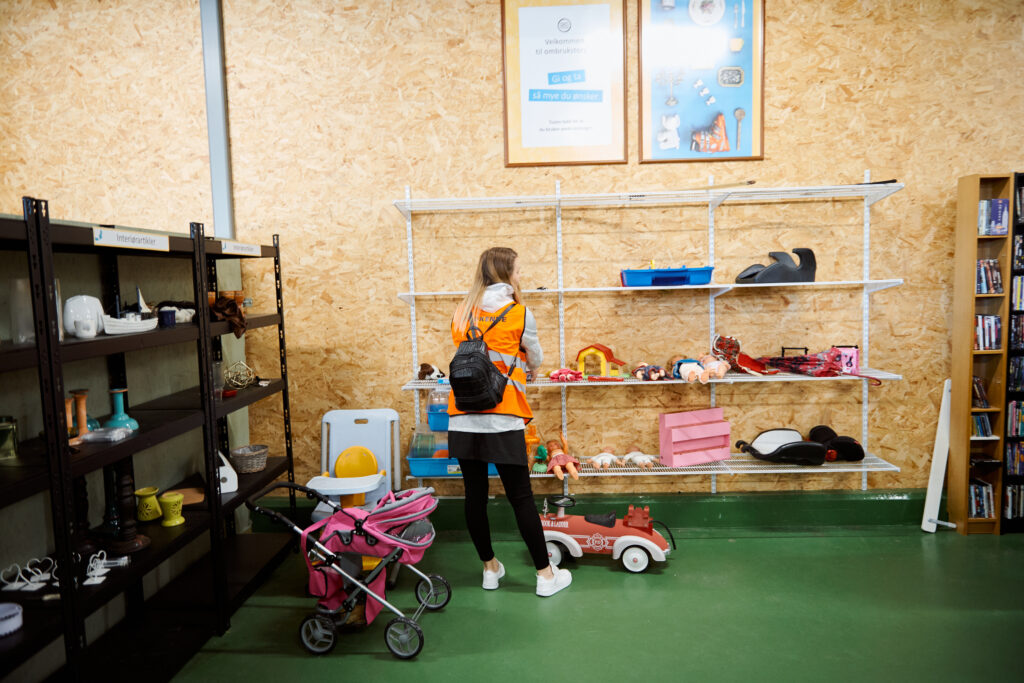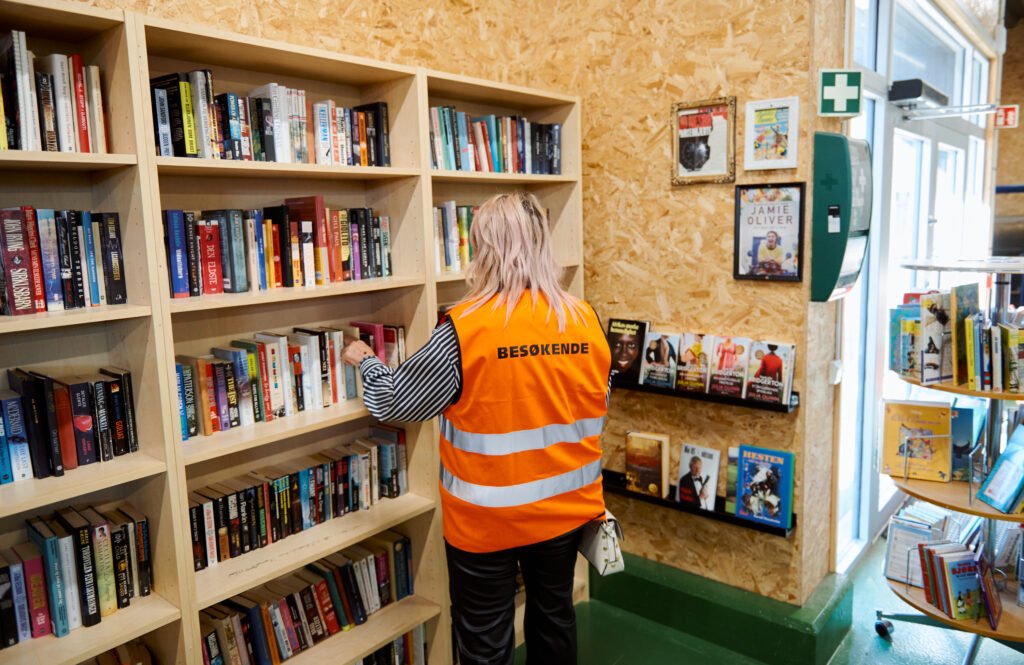Norway is a promoter of a healthy lifestyle, which is in almost perfect synergy with environmental protection and laws for the benefit of nature and the citizen, even more so when it comes to the separate collection of waste.
The separate collection that Norwegians practice is, for them, the letter of the law and a somewhat natural habit, stemming from the education received both in schools and at home. Norwegians have been collecting separately for more than 30 years, which makes their collection centers of the highest standards. The involvement they show makes us want a better education in this direction, in schools and households in Romania. I have seen that it is possible.
Inside the project STEPS FOR URBAN MINING financed through Norway Grants, ECOTIC facilitated three visits to Norway for sanitation companies from Romania. During the visits, the participants were able to see how Norwegians collect separately, apply the law, educate the population and pass on good environmental protection practices.
The context of the implementation of this project is the need to increase the recycling rate in Romania of household waste (currently less than 20%, the objective being 50%). Also, through the PNRR (National Recovery and Resilience Plan), 565 centers with voluntary contribution (CAV) will be built in Romania by 2026 (starting with 2024). Guides are available here. The operation of these centers will also be done by the sanitation companies contracted by the local public authorities. The representatives of these companies were the beneficiaries of the visits to Norway.
What were we left with after these three visits?
The health workers who participated came home with new ideas, feasible and quite simple to implement. With the right legislation, which follows the interest of separate collection, we will also be able to have new efficient collection centers as we see in the Nordic countries.
Norwegians are extremely relaxed when it comes to the fees they have to pay to have their waste recycled, even if we are talking about fees of up to €400 per year for a one-person household (of course, this varies by region to the region). Something that cannot be said for us. Unfortunately, in Romania, the perception of the garbage tax is still debated, Romanians not understanding that there are logistics, transport, recycling costs for the fractions they hand over. In the happy case that the waste is actually collected separately.
Unfortunately, the habits that many Romanians have only make the recycling process more difficult, valuable raw materials for the circular economy are lost and, at the same time, we risk fines from the European Commission.
We don't have exact figures on how many landfills Norway has at the moment, but one thing is clear – since 2009 landfills have been banned and then most of them closed. The very few remaining landfills are carefully managed to minimize environmental impact. After all, around 97% of the waste Norwegians generate, recycle or turn into energy, why would they need landfills? Many of the separate collection centers were built over the old landfills, thus reusing the space already allocated "trash".
In a country like Romania, where people expect bonuses even on waste, whether we are talking about electrical waste or other recyclables such as plastic or glass, it seems difficult to implement a strategy and thinking like the Nordics . It is natural for Norwegians to pay a certain amount of money (considerable, compared to the standard of living in Romania) to bring their own waste to the center. I repeat, bring their own waste to the center. Collection services from the home or company headquarters also exist at them, but a lot of emphasis is placed on handing over waste directly to the center, especially those from households. Citizens are taught to hand over their waste to the center themselves.
What does a day dedicated to collecting separates from the life of a Norwegian look like?
Among the many daily activities that Norwegians would have, they always find time for handing in non-household waste. This is how Norwegians present themselves at the collection center – in line, at the dedicated container for what they have in their trunk:
They stop the car next to each container and leave there the waste they proudly brought from home. Nothing easier. Maybe when and with us?
On an optimistic note, let's remember though Iasi Municipal Collection Center – component part of the STEPS FOR WEEE project initiated by ECOTIC and co-financed to the extent of 90% by Norway Grants. CMCI is an example brought from the Nordic countries to Romanian plains, in 2016, offering as if a trace of hope in the eyes of the viewers. The center still works today, the people of Iași already being used to the normality of separate collection and delivery of waste to a municipal center.
You may be wondering what exactly is collected at CMCI? All recyclable waste streams. From electronics, appliances and batteries to construction waste and furniture. More details here.
What do we do with vegetable waste?
Let's define "vegetable waste": they are those residues from activities such as the landscaping or maintenance of green spaces and gardens. In short, branches, leaves, shrubs, dried flowers, etc
We know very well what is the practice in Romania when it comes to these scraps – pile them in the back of the yard and light a fire. Fortunately, the Environmental Guard no longer tolerates such practices and issues fines of up to 20.000 lei for the burning of plant waste in the yard.
In Norway we witnessed a moment that I think made us all happy. I saw citizens who, with full trailers, came to the collection center to drop off vegetable remains...
Many will say they do it to avoid fines, others actually think they are being educated.
Whatever the opinion, the effect of their action is clear – those vegetable remains are reused for a purpose well established and penciled in by wise minds: Compost.
Mountains of plant debris follow the path of compost – that debris becomes very simple fertilizer. Fertilizer that re-enters the economy and is traded, so the economy works. Practically all of them actively contribute to the country's economy, without much effort, with resources from nature.
RE
When it comes to reuse and we are masters (in the true sense of the word), we always try to fix what we break. That we do it for reasons related to the family budget or that we do it out of passion, whatever it is, it's good to do it.
We cannot say the same about how this component of the 3 R concept is promoted here (Redu, Recycle, Recycle). We don't attend information campaigns, public information coming from the authorities and we don't necessarily have a law that to oblige market actors to repair certain objects/equipment with a view to their reuse, before being put on the recycling stream.
This happens more with private initiatives. For example, ECOLOGICAL, together with Workshops Without borders, developed a partnership on the project "Enter the circle of solidarity". The aim of this project is to give new life to used IT equipment by preparing it for reuse and then donating it to disadvantaged schools and communities.
RE it is a very important step in a circular economy. Before considering that it is necessary to change an electrical appliance, let's first try to find solutions to repair it, and if the object can no longer be repaired, only then should we consider handing it in for recycling.
All the collection centers in Norway that I visited had an area for reuse. People came and brought broken or unused items. Employees of the center repaired them or just beautified them (the ones that did not need repair) and put them on the shelf. The doors were opened every time someone wanted to take everything they thought they needed from there, and in return they brought to the center what they no longer used.
A practice well implemented and grounded in Norwegian customs. Would it work for us too?
Pictures from the shelf:
conclusions
As a general conclusion, leaving aside the skepticism of some fellow citizens, everything we saw in Norway can also be implemented here. A habit can be learned or unlearned in 21 days, studies say, and most Romanians are still aware that we must take care of the environment. Of course, in this process we are all involved, from the responsible citizen to the actors in the field of recycling and, above all, the public authorities.
We still have work to do in educating and understanding that waste is a resource which can be used for the production of other objects or equipment. When more and more people understand this aspect, we will be able to enjoy collection centers like in the western and northern countries.
Education is an important starting point on the road to good environmental practices
In addition to insufficient environmental education in our country, there is also the problem of collection solutions. Every day we come across the question "And where do I return this electrical appliance?". We are aware that we have problems in this chapter, we as a country, however the solutions exist. For example, ECOTIC has over 10 collection points nationwide. Points for the collection of electrical and battery waste (www.ecotic.ro).
There is also separate collection for other recyclables and in some areas it is actually done well. With small but sure steps, we are moving towards a more sustainable future. Through the efforts of the Ministry of the Environment, Waters and Forests, by 2026 digitized ecological islands and CAVs (centers with voluntary contribution) will become operational and will be made available to UATs enrolled in the program financed by the PNRR.
Things are moving here too and, looking ahead in the medium and long term, we will see major changes in people's behavior, but also in the collection solutions we will have available from local authorities.
After all, the Norwegians also started the selective collection of waste from somewhere.
Their example is an incentive for each of us to do more for a clean environment!
